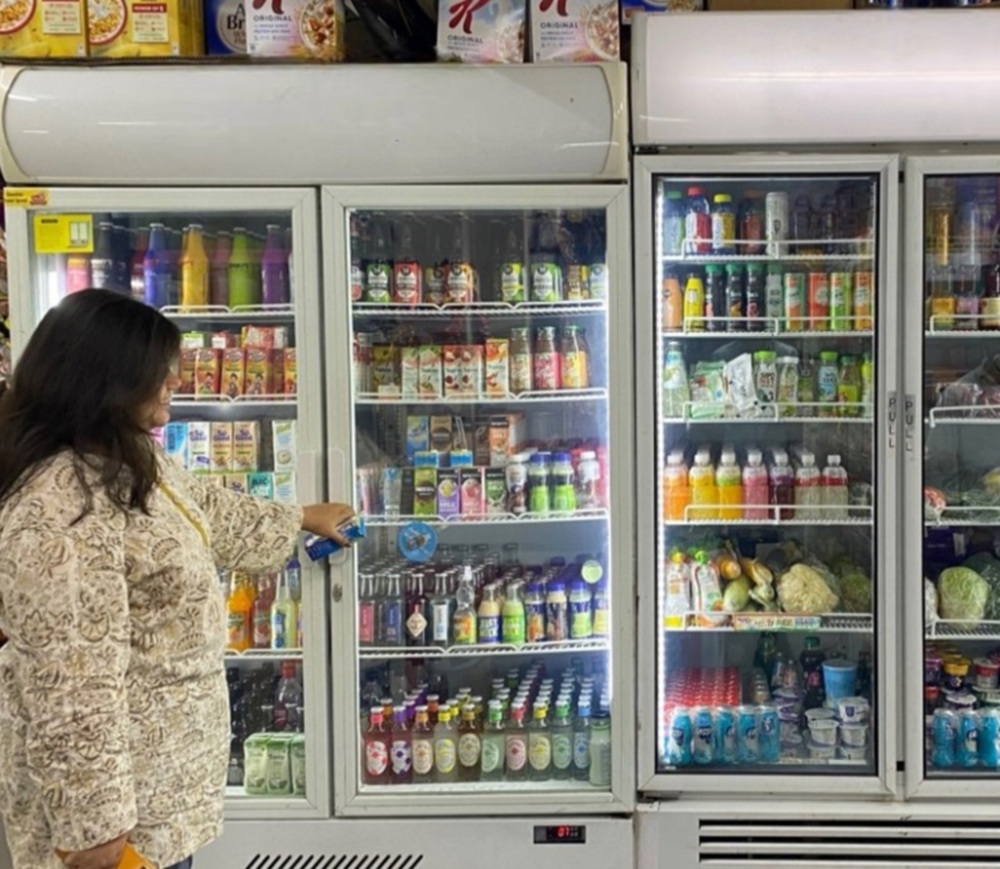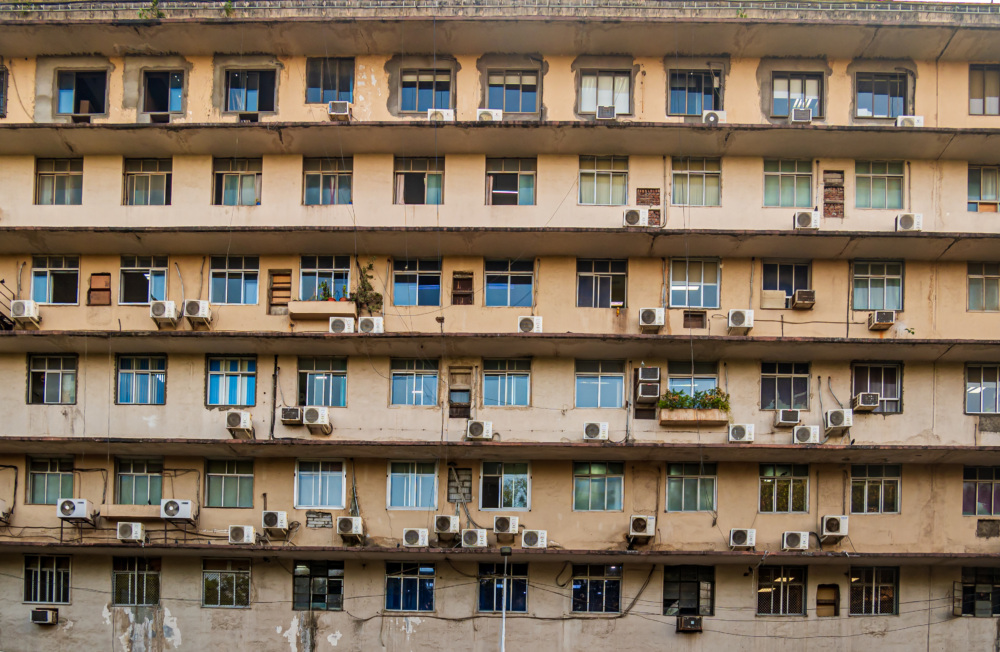2019 eceee Summer Study – Assessing testing capacity in ECOWAS and ASEAN regions to support S&L programs for cooling appliances
Summary
Download Report
Fill out the form below to activate file downloads
Reliable test procedures and test facilities that can provide consistent and accurate results are the foundation of successful standards and labeling programs for appliance energy efficiency. Testing guarantees the quality and efficacy of products and enables governments and other stakeholders to accurately verify product performance, helping safeguard their standards and labeling (S&L) programs’ estimated energy and emission savings.
Ensuring adequate testing capacity is necessary for the establishment of any S&L program, be it for research and design, conformity assessment or market surveillance purposes. Increasingly, policymakers are prioritizing building national or government-owned testing laboratories in support of new S&L programs. However, this requires significant investment, e.g. the cost to build a laboratory to test room air conditioners can exceed USD 1 million, which does not include the continuous funding required to maintain and operate the facility and support its staff. In fact, the actual need for and sustainability of laboratory operations is often overlooked, which can lead to underutilization and underfunding of newly established facilities. Alternative solutions such as outsourcing testing needs to private or foreign test laboratories are less attractive, even though they may be more cost-effective and enable greater market surveillance efforts.
Under the Kigali Cooling Efficiency Program, CLASP is assessing testing capacity and needs for cooling appliances in the Economic Community of West African States (ECOWAS) and the Association of Southeast Asian Nations (ASEAN) to facilitate implementation of regionally aligned standards. This paper will highlight common testing trends in these regions, current regional capacity to test cooling products for energy efficiency, opportunities to enhance existing regional capacity, and alternative cost-effective solutions to extensive testing for market surveillance.
This paper was originally published in the eceee 2019 Summer Study proceedings: Is efficient sufficient?









